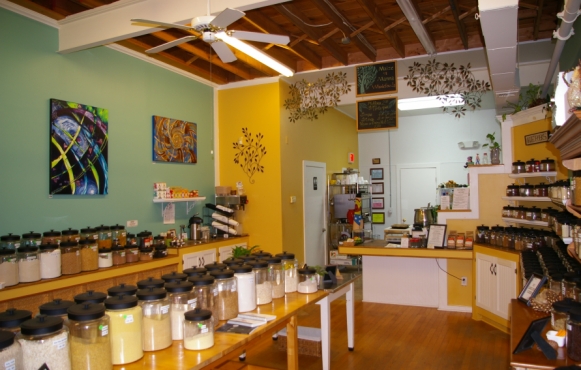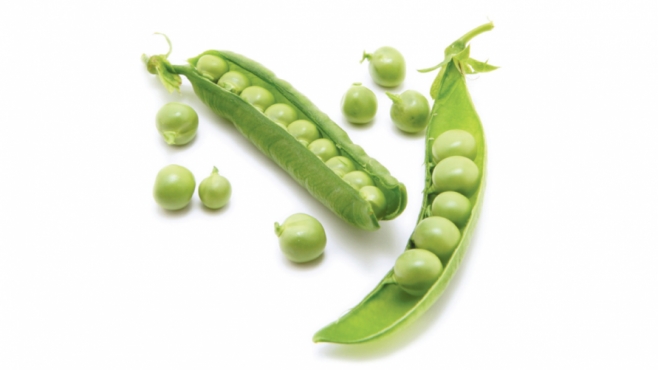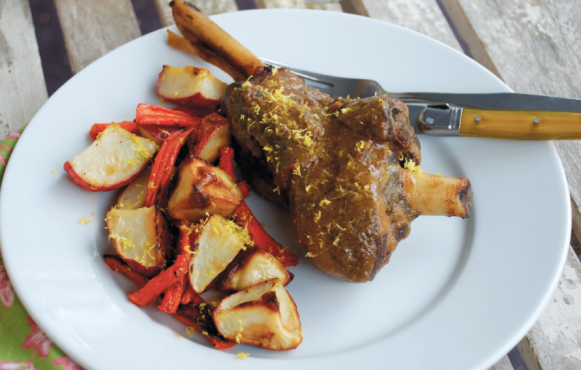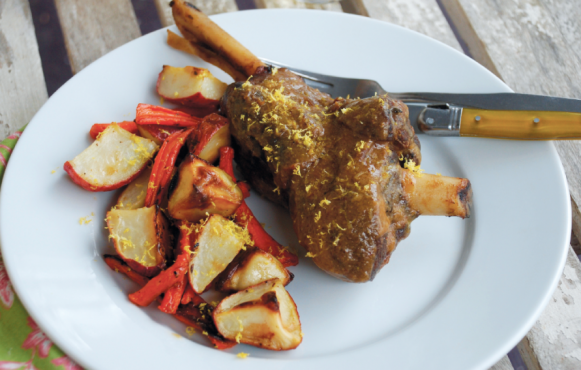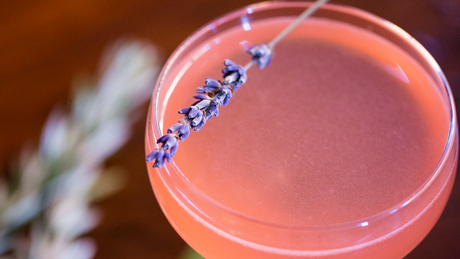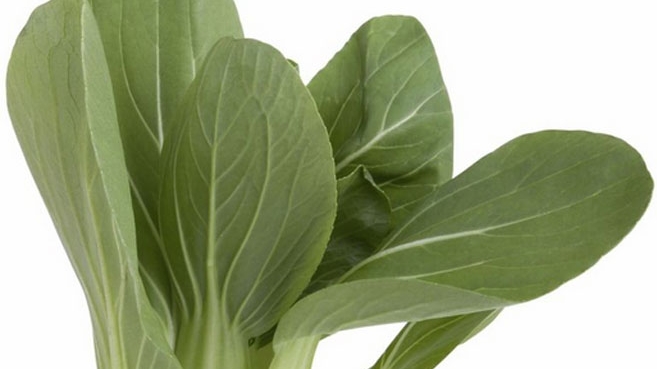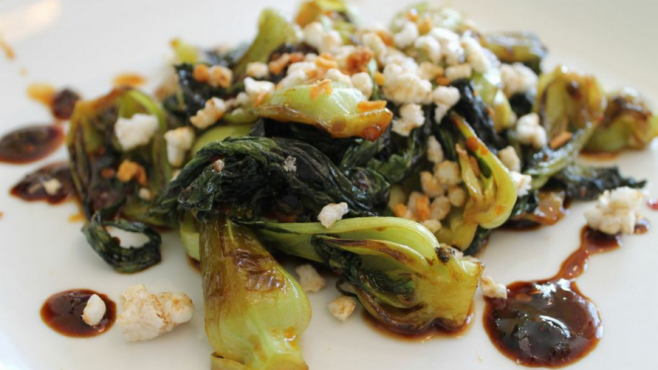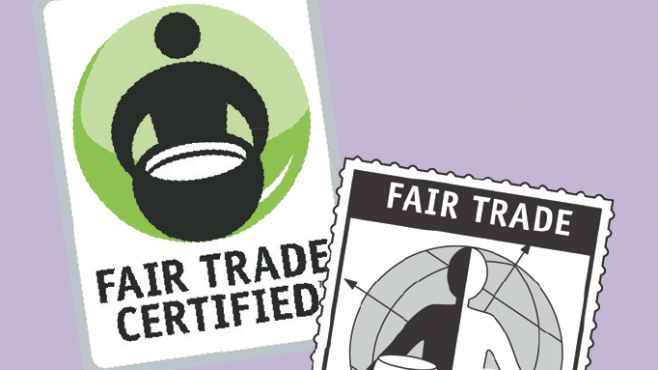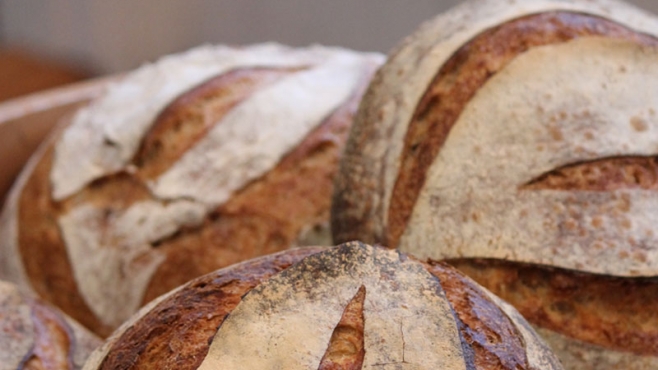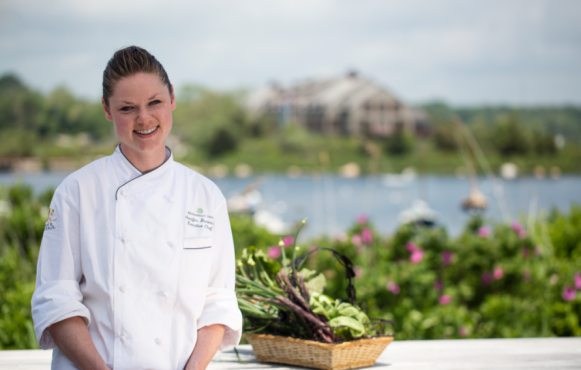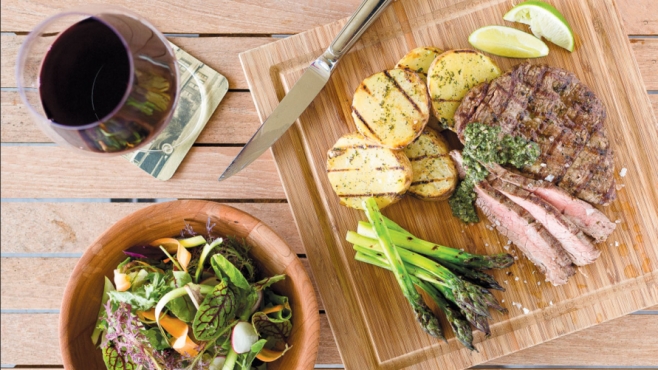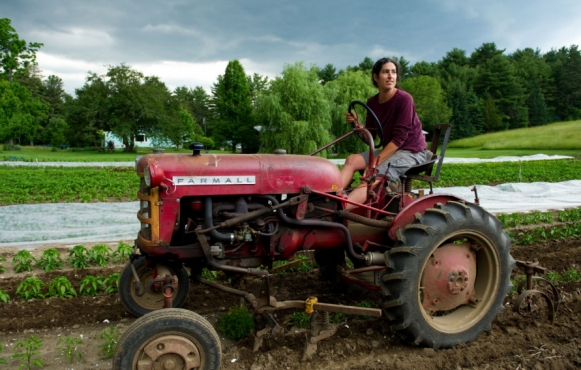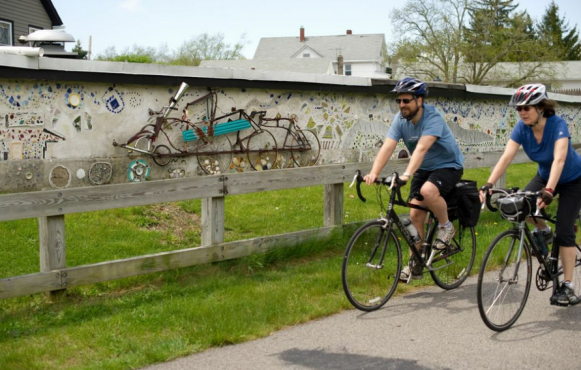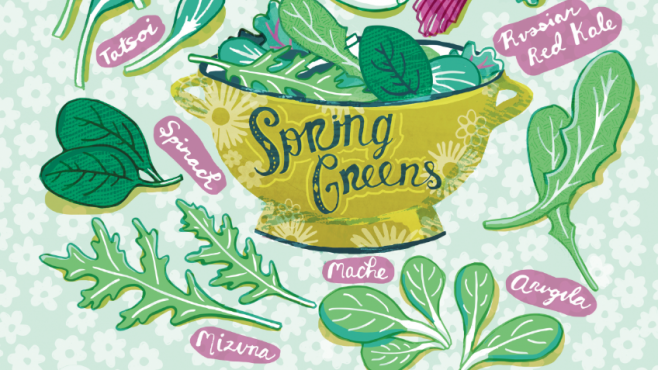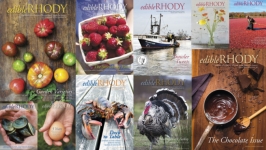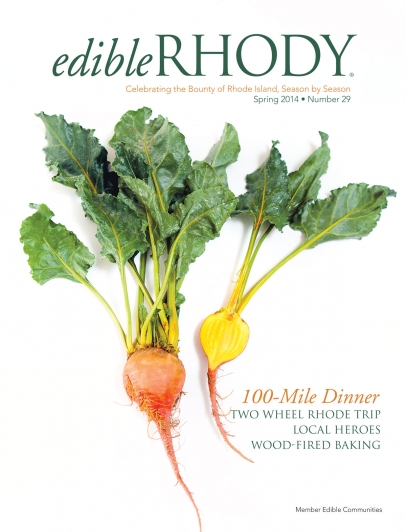
Dear Reader,
You may have heard the saying "vote with your fork." Never has doing so been more important – and here in Rhode Island we need to do that and more, in order to ensure a positive future for all the eaters in the Ocean State.
In many respects Rhode Island farms appear to be thriving. The recently released 2012 census shows the number of Rhode Island's farms grew 2% overall since the 2007 census report, which showed an even greater increase.
Yet, why are young farmers like John Kenney unable to find affordable land on which to farm? Why are organic farmers like Matt Tracy and Catherine Mardosa having to defend standard practices like leaf composting? Why is farmer Charles Currie moving his farm to Massachusetts, instead of staying here in Rhode Island?
Farming is about dirt and hard work. It's also about money and politics. In a state that is struggling to revive its economy, political and economic pressures put a squeeze on local agriculture.
According to the 2012 Economic Impact Study of Plant-Based Industries & Agriculture in Rhode Island, our green industries have an annual economic impact of $1.78 billion. This includes agriculture (food, dairy, livestock and feed, to name a few types); landscape; retail supply and florists; golf courses; and other categories like agriculture support industries and farm product wholesalers. It's a significant figure for our little state.
Like much of what drives Rhode Island's economic engine, agriculture includes small (and large) businesses. Faced with perpetual obstacles to conducting business, we run the risk of losing farmers, and with them losing valuable knowledge, expertise, jobs and food products.
Let's put an end to farm NIMBYism. Contacting your city and town council people in support of urban, suburban and rural farms and farmers is important, as is contacting your state representatives.
Thanks to the efforts of Ken Ayars, chief of the Rhode Island Department of Environment Management's Division of Agriculture, and many others within DEM and the Agricultural Lands Preservation Commission, the state has had success in purchasing development rights to ensure the future of farming here. But Ken will tell you that farmland protection, access and affordability remain the primary hurdles that stymie future growth. Well before a potential $75 million environmental bond question reaches this November's ballot, we need to remind our state representatives how important local agriculture is to Rhode Island.
What else can you do? Get involved, visit RhodyAg.com and ask your local farmer how you can help. And lastly – it's a simple idea – share a copy of Edible Rhody with a friend or neighbor. The more people see the faces and read the stories behind our food producers, the more they will understand the people working hard for a more sustainable future. We've made progress but let's put Rhode Island first on the national list for supporting its local food and agricultural community.
Dig in!
Genie McPherson Trevor
Communities Near You
What’s happening near you
Farm Fresh RI 2024 Winter Farmers Market
Farm Fresh BuildingProvidence




